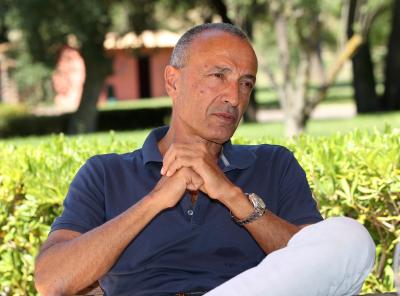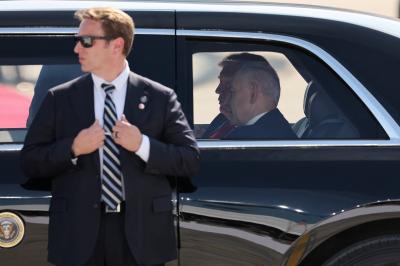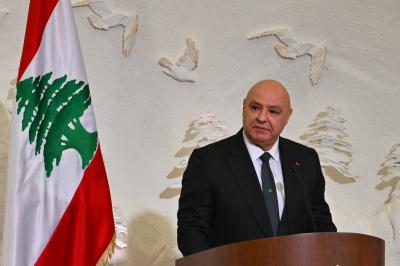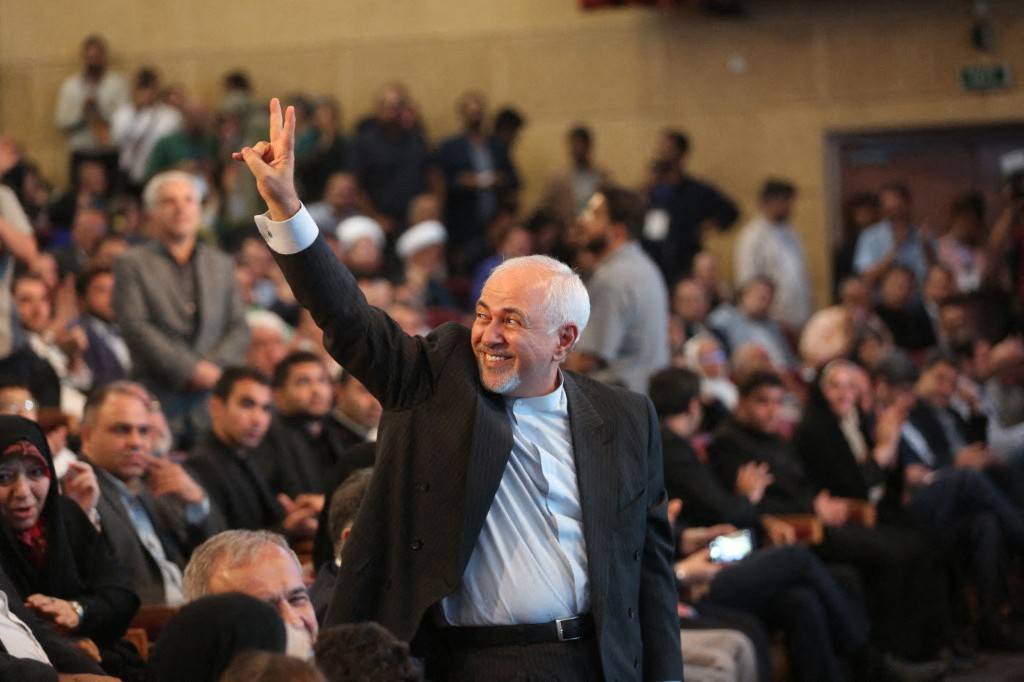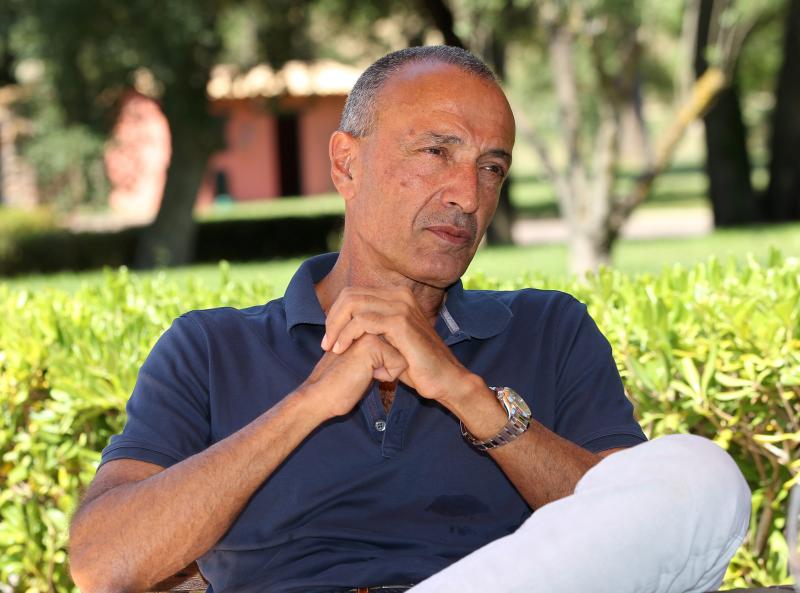By Jamal Wakim
As soon as the new Iranian president, Massoud Beizjikian, announced the composition of his government, Mohammad Javad Zarif resigned from his position as vice president in charge of strategic affairs. Zarif expressed his deep dissatisfaction with the government composition proposed by Beizjikian.
Zarif’s resignation came after his suggestions were ignored. Among the 19 ministers proposed, only three names were from those recommended by the selection committee chaired by Zarif, while ten of the ministers were not even on the council's list.
Zarif regretted not being able to implement the recommendations of the experts from the committees tasked with selecting the best potential candidates, nor to fulfill his promises to integrate women, young people, and ethnic groups into the government. He also announced his intention to return to academia and apologized to the Iranian people for his inability to manage the complexities of domestic politics.
Zarif’s resignation intensified the reformists' criticism of Beizjikian. The president of the Reformist Front, Azar Mansouri, denounced the government composition, stating that "one should not expect miracles from this government, especially since more than 80% of the power in the country is in the hands of other entities." He was referring to the conservatives and the Islamic Revolutionary Guard Corps, who succeeded in imposing many candidates in the government, contrary to the expectations placed on Beizjikian, considered a reformist and elected thanks to their votes.
Among the criticisms of the government is the fact that the average age of its members is 59.7 years, contradicting Beizjikian’s promises that 60% of the ministers would be under 50 to make the government younger and more dynamic. Most of the government members have already held positions under previous regimes, particularly under President Ebrahim Raisi, such as Abbas Araghchi, appointed as Minister of Foreign Affairs, who was Zarif’s deputy when he was Minister of Foreign Affairs under President Hassan Rouhani. Furthermore, Esmaeil Khatib, appointed as Minister of Intelligence, was responsible for the Kerman region during a terrorist attack that claimed hundreds of lives last January during the ceremonies commemorating the fourth anniversary of the assassination of General Qassem Soleimani. Khatib was also criticized for his role in the assassination of Hamas leader Ismail Haniyeh. Among the old and new figures is also Abdolnaser Hemmati, former governor of the Central Bank and candidate in the 2021 presidential election, appointed as Minister of Economy, as well as Alireza Kazemi, appointed as Minister of Education, who is the brother of the head of intelligence of the Islamic Revolutionary Guard Corps and whose educational career has focused on teaching in religious schools.
Why have the conservatives sought to restrict the reformists to this extent?
It is clear that conservatives dominate the ministerial posts in President Beizjikian’s government, holding 11 out of the 19 posts, many of which were under the leadership of President Ebrahim Raisi, himself aligned with the conservatives. Among them, Eskandar Momeni, appointed as Minister of Interior, was the deputy head of the Iranian police during the protests that shook the country two years ago.
Many have pointed out that the posts of Minister of Foreign Affairs, Interior, and Intelligence have been entrusted to close associates of the Supreme Leader of the Islamic Revolution, Ayatollah Ali Khamenei, meaning that the reformists, and particularly the president, will be largely limited in their actions.
Why have the conservatives sought to restrict the reformists to this extent? Two factors played a key role. The first is that the conservatives felt that President Ebrahim Raisi’s term was interrupted by his death in a plane crash near Azerbaijan, and that the current president had to continue what the late president started, particularly in steering the country towards the East and fighting corruption that proliferated under Hassan Rouhani’s tenure, of which Zarif was a pillar. Many conservatives suspect some of Zarif’s close associates at the time, whose collaboration with Western intelligence services was proven, including Alireza Akbari, former deputy defense minister under President Mohammad Khatami, who was convicted of cooperating with British intelligence and transmitting information to the Israeli Mossad, which used it to assassinate the head of Iran’s nuclear program, Mohsen Fakhrizadeh.
The second factor is the blow received by the newly elected Iranian president during his inauguration ceremony, with the assassination of the Hamas political bureau chief, Ismail Haniyeh, in Tehran by Israel. This assassination was seen as a slap in the face to Beizjikian, who represented an attempt to reopen towards the West, similar to what former President Hassan Rouhani had attempted. It is worth noting that this slap was particularly felt by Mohammad Javad Zarif, the architect of Iran’s policies of opening to the West. Beizjikian, who was firmly committed to this approach, insisted on appointing Zarif as an advisor, as he could not appoint him as Minister of Foreign Affairs due to the need for approval by the Iranian parliament for each minister. However, Zarif’s reputation had been tarnished for years due to his bet on a deal with the West regarding Iran’s nuclear program. Despite the success of this deal after fulfilling all Western conditions, the withdrawal from the deal by U.S. President Donald Trump in 2018 dealt a severe blow to Zarif, which the conservatives used to discredit his political career.
While this blow did not kill his political career, as evidenced by Beizjikian’s choice to appoint him as presidential advisor, the slap of Haniyeh’s assassination in Tehran dealt a fatal blow to Beizjikian’s attempts to reconcile with the West and to Zarif, the architect of these policies. The conservatives capitalized on this slap to surround the elected president with appointments from their camp, thereby ruining Zarif’s hopes of forming a team capable of promoting a policy of rapprochement with the West, ultimately pushing him to resign.
Please post your comments on:
[email protected]
 Politics
Politics
